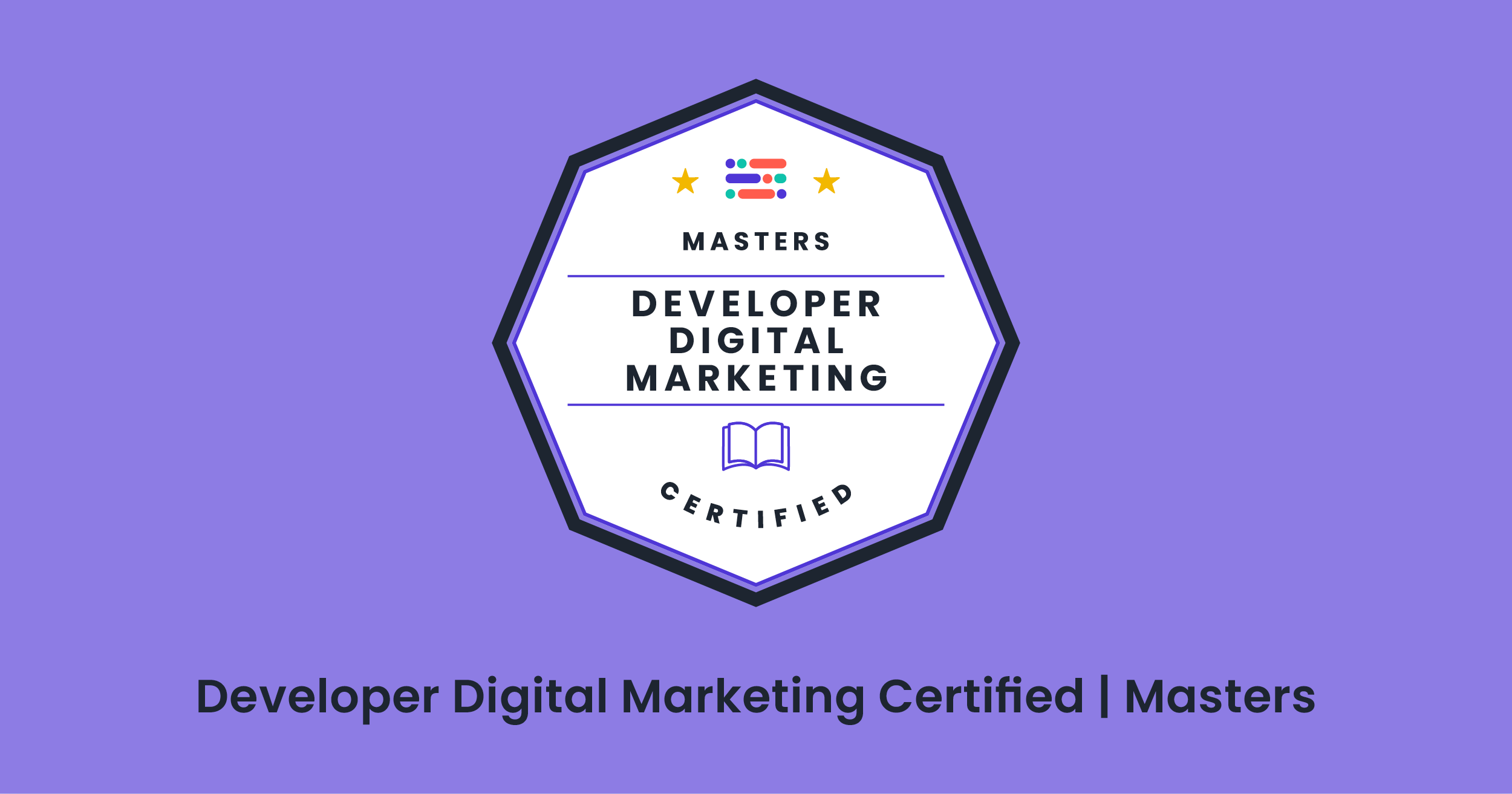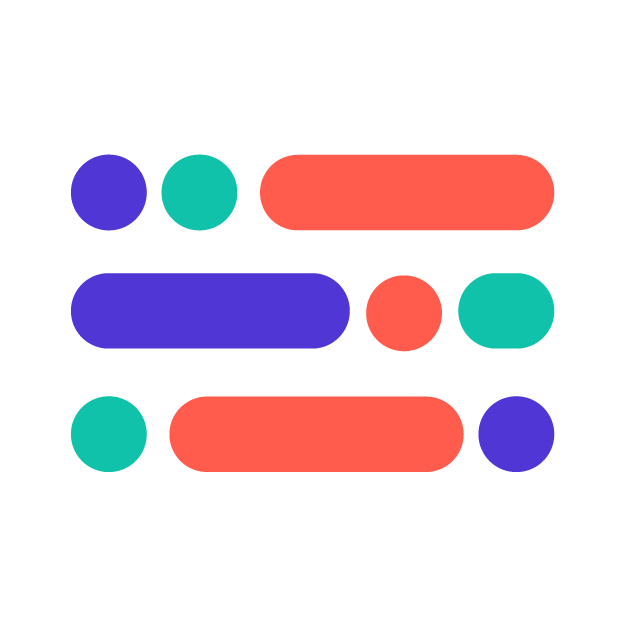As an answer to the popular ChatGPT, Google created their very own version, the Gemini (previously Bard) AI chatbot.
As developer marketing professionals, you may be wondering what Gemini is, how it works, how you can make the most of it, and, most importantly, how it’ll affect your marketing efforts.
Here’s what we’re covering in this article:
- What is the Google Gemini AI chatbot?
- Chatbot vs. conversational AI
- Gemini vs ChatGPT vs Bing
- Google Gemini considerations for developer marketing
What is the Google Gemini AI chatbot?
Google Gemini is a generative AI chatbot that uses LaMDA (Language Model for Dialogue Applications), a next-gen language and conversation tool.
The chatbot was officially launched on March 21, 2023, to the public, as Google invited people to join a waitlist – on May 10, they allowed everyone to access Gemini. They also introduced image capabilities, coding features, and app integration on this date, allowing users, including developers and marketers worldwide, to use Bard in their jobs.
While ChatGPT isn’t connected to the internet (and has a knowledge cutoff of September 2021), the Google Gemini AI chatbot is, which means you can get real-time information. According to Sundar Pichai, CEO of Google and Alphabet:
“[Gemini] seeks to combine the breadth of the world’s knowledge with the power, intelligence and creativity of our large language models. It draws on information from the web to provide fresh, high-quality responses.”
It’s also important to note that Google considers Gemini to be an experiment at the moment!
Chatbot vs conversational AI
A chatbot aims to interact with people in a conversational way, and follows a predefined set of rules or scripts to answer inputs. Chatbots tend to be used to answer questions, offer simple information, or help with basic tasks. They find patterns and use these rules/scripts to generate appropriate responses.
Conversational AI, on the other hand, is more about advanced tech that creates more human-like interactions between people and computers – they can learn from users, adapt to preferences, and handle more complex data.
Google Gemini is a conversational AI chatbot.
Gemini vs ChatGPT vs Bing
Gemini, ChatGPT, and Bing are designed to provide answers that resemble human speech, but there are several differences between the three models.
Powered by different models
ChatGPT and Bing run on the GPT-4 technology, although Microsoft has “developed a proprietary technology [they] call Prometheus”, which “leverages the power of Bing and GPT to generate a set of internal queries [...] and aims to provide an accurate and rich answer for the user query within the given conversation context.”
So, even though ChatGPT’s and Bing’s chatbots run on the same tech, you won’t get the same results if you enter the same prompt. In addition, generative AI creates text by searching databases or the internet for the answers, so you’ll likely get a different one every time. Bing AI is also capable of generating images, which ChatGPT doesn’t do.
The Google Gemini AI chatbot runs on LaMDA – Sundar Pichai has said before that Gemini will move to PaLM, a larger model with better capabilities, though it appears they still haven’t made the switch.
Connection to the internet
Google Gemini AI chatbot is connected to the internet, allowing you to get up-to-date information on the latest developer marketing and developer relations trends, news, research, etc. Bing AI offers real-time access to Bing search engine data.
However, while ChatGPT has been hindered by its lack of internet access in the past, ChatGPT now has access to the internet (as well as to hundreds of new plugins), which is available for Plus subscribers. This allows ChatGPT to produce more accurate answers and touch on more recent events.

Learning style
Gemini was trained on a huge amount of data in order to understand language patterns, input context, and more. The exact details of the websites and datasets used to train this AIU chatbot are not publicly known, but we do know that LaDMA was pre-trained on 1.56 trillion words of text and web data.
Sissie Hsiao, VP and General Manager of Google Assistant and Gemini, says that:
“When using Bard, you'll often get the choice of a few different drafts of its response so you can pick the best starting point for you. You can continue to collaborate with Bard from there, asking follow-up questions. And if you want to see an alternative, you can always have Bard try again.”
ChatGPT and Bing AI were trained on a massive amount of data from the web, from sites to books, which included a variety of topics, genres, etc., to ensure the tools provide accurate answers that reflect the prompts.
While they generate answers on their own, they also need input from people, as well as feedback, so they can provide increasingly better replies.
Hallucinations
All generative AI can provide answers that are inaccurate and unfactual, and this is true across the board for all three language models.
Gemini, ChatGPT, and Bing have had issues in which they present made-up information, but the models are constantly being worked on and their accuracies improved over time. The majority of the issues seem to happen upon launch, as was the case with Google Gemini AI chatbot but, as the tools learn, their replies become better.
Gemini vs ChatGPT vs Bing: A summary
Google Gemini considerations for developer marketing
Gemini and content marketing
Gemini, like Bing AI and ChatGPT, can help generate ideas for your developer marketing campaigns.
Not only does it provide useful content out of prompts, it can also create FAQs, help you anticipate developer needs, generate ideas for your marketing efforts, develop plans, gain an understanding of complex topics, draft emails, etc. Due to this, it can help you write content faster.
It can also help you to:
- Build chatbots that offer automated customer support.
- Analyze your data to provide personalized messages you can then edit for accuracy, tone of voice, etc.
- Create frameworks and templates you can use in your marketing campaigns.
- Generate different iterations of your messaging you can then test and optimize to see what works best.
- Translate content or adapt it to different languages.
Overall, generative AI like Gemini is very flexible, so you can use it in many different ways. However, it’s crucial that Gemini doesn’t become your go-to source for content creation. The AI tool is a fantastic assistant but, if you copy/paste everything it gives you, you run the risk of your content being reported as spam.
“When it comes to automatically generated content, our guidance has been consistent for years. Using automation – including AI – to generate content with the primary purpose of manipulating ranking in search results is a violation of our spam policies.” – Google Search Central
Make sure you fact-check and transform the content Gemini gives you, as generative AI isn’t meant to replace a human touch! Most people don’t even go to page two of Google’s results page – if you want to stand out in an increasingly crowded market, your content should be unique.
AI-generated content won’t help you rank. People want quality instead of quantity, and want to find the answer to their queries.

Gemini and SEO
Many people are now creating content through generative AI tools like Gemini, but don’t let that scare you off. As we’ve seen above, SERPs have specific guidelines about this, which means you don’t have to worry about your content being buried under a flood of AI-generated content.
If you provide value with your content, you’re more likely to rank than websites that copy/paste content from Google Gemini AI or other similar tool.
On a positive note, generative AI can help you enhance your SEO strategy. You can:
- Use it to create more specific and accurate queries,
- Build Q&As that allow users to quickly get the answers they’re looking for without having to sift through multiple search results,
- Use it to identify relevant keywords and phrases that can be targeted in SEO strategies,
- Get recommendations for optimizing on-page elements, like meta descriptions and titles,
- And more.
In short
Gemini's conversational capabilities can enhance the developer marketing experience by providing content and SEO support – but shouldn’t replace original content creation!
And, while many are churning out AI-generated content, this won’t impact you as long as you invest in content that provides value, isn’t copy/pasted from Gemini or other AI tool, and answers developer pain points and needs.
Learn more about marketing for developers with our Developer Digital Marketing Certified course, led by Abhishek Ratna, AI/ML expert!






